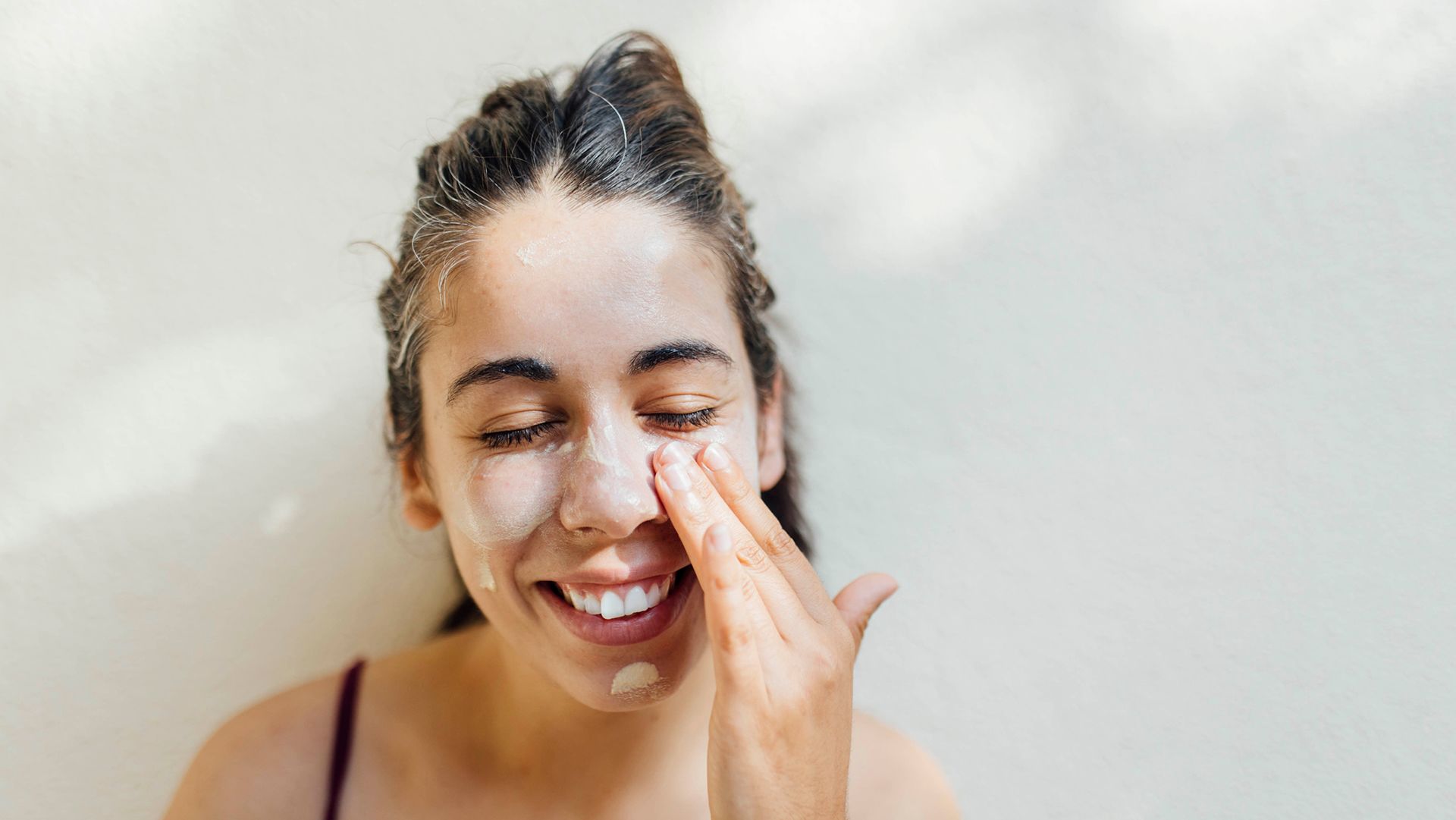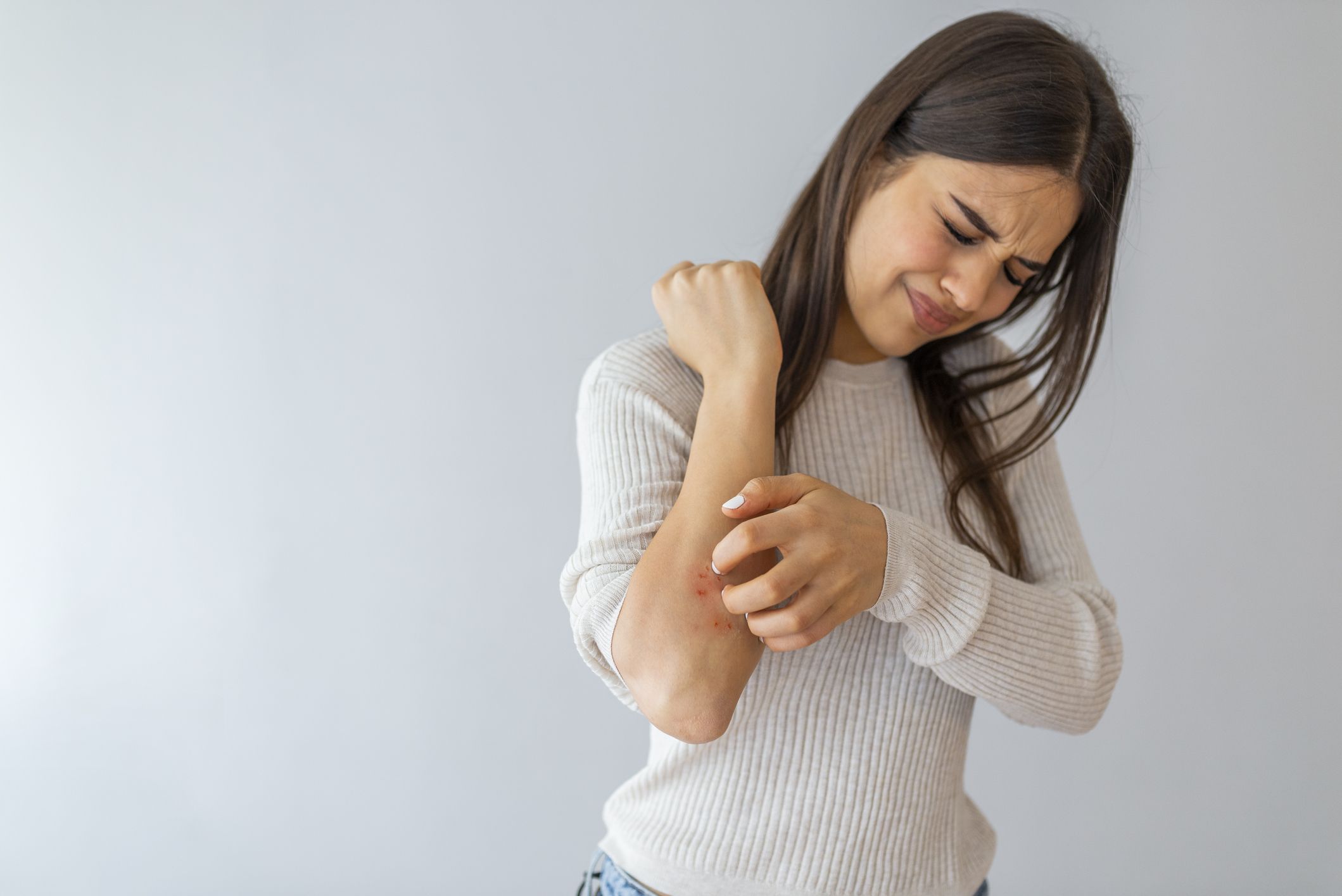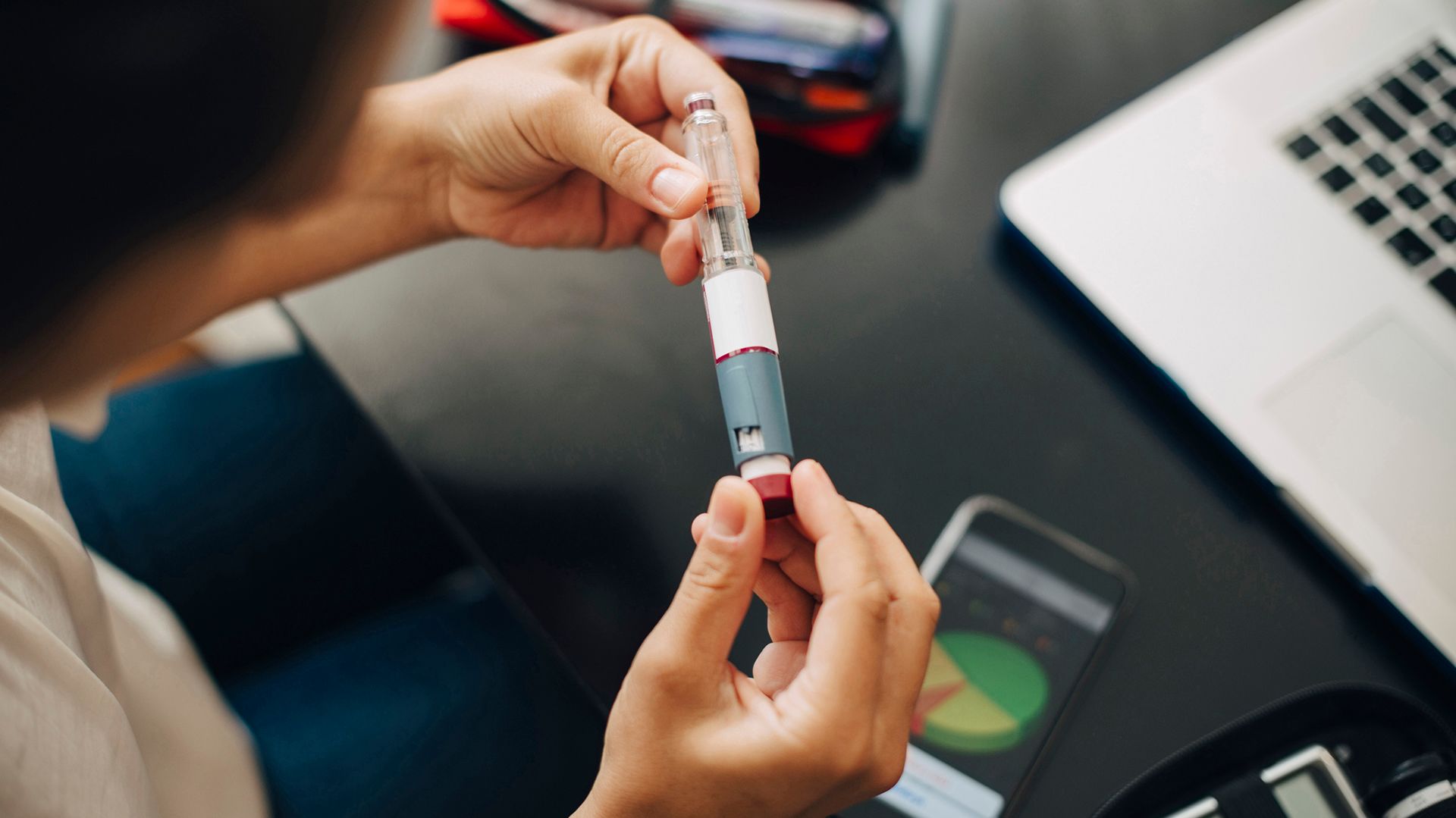Atopic dermatitis (AD) is sometimes referred to as “the itch that rashes,” and for good reason—itch is the defining symptom of this inflammatory skin disorder, and is often reported as the most frustrating and distressing symptom among people who have AD.
Here, we look at why and how itching occurs, why people with AD need to avoid scratching, and some tips on managing itch without scratching.
What is itching?
The mechanisms of itch are quite complex. But in the most basic terms, an itch is a signal that travels through the body’s network of nerves. When it reaches the central nervous system (the brain and spinal cord), this signal causes the compulsion to scratch.
However, not all itching is created equal. The itch signal can originate in different ways, in different systems of the body, and for different reasons.
The itch that occurs with atopic dermatitis is thought to be a combination of different types of itch. One is dermatological itch (also known as pruritoceptive itch), caused by the release of itch-signaling chemicals called pruritogens).
Atopic dermatitis is also thought to involve neurogenic itch and psychogenic itch. With neurogenic itch (also called systemic itch), the itch-signaling pruritogens are released by organs other than the skin. With psychogenic itch, the urge to scratch comes from psychological triggers, such as stress.
Why do you need to avoid scratching?
There are several key reasons why people with atopic dermatitis need to avoid scratching as much as possible.
- It makes the rash worse. The other part of “the itch that rashes” is of course the rash. AD causes the skin to become dry, red, and blistered. This rash occurs in response to scratching parts of the skin that are itchy.
- It can make itching worse. The rash that results from scratching is also itchy, so scratching will make itching worse. Scratching also causes the release of more itch-causing chemicals from the molecules in the skin—this is sometimes referred to as the “itch-scratch cycle.”
- It damages the skin. Repeatedly scratching areas that are itchy and irritated can cause damage and changes to the skin. Over time, the skin can become thickened or leathery.
- It can lead to infections. Scratching can break the skin, causing the skin to bleed and blisters to ooze. Bacteria and viruses can get into these open wounds and cause infections.
How do you manage itch?
To avoid scratching, people with AD are advised to find other ways to relieve itch. Number one on this list is working with a healthcare provider. While there is no known cure for atopic dermatitis, there are therapies that can help ease symptoms, control itch, and help keep symptoms in remission.
Additionally, these tips and tricks may help you find relief from itch when it happens:
- Apply a cold compress to the itchy area. You can make a cold compress with a wet washcloth and an ice pack.
- Apply pressure to the area with a massage roller. Apply the roller over the clothing, instead of directly on the skin.
- Distract your hands. Play a game on your phone, fidget with a toy, knit. This can help keep your hands from scratching.
- Distract your mind. This can be something that requires concentration, like reading, or something that helps you relax, like taking a walk.
- Scratch something else. Some people with AD find it helpful to scratch something else instead of their skin, such as a patch of Velcro.





